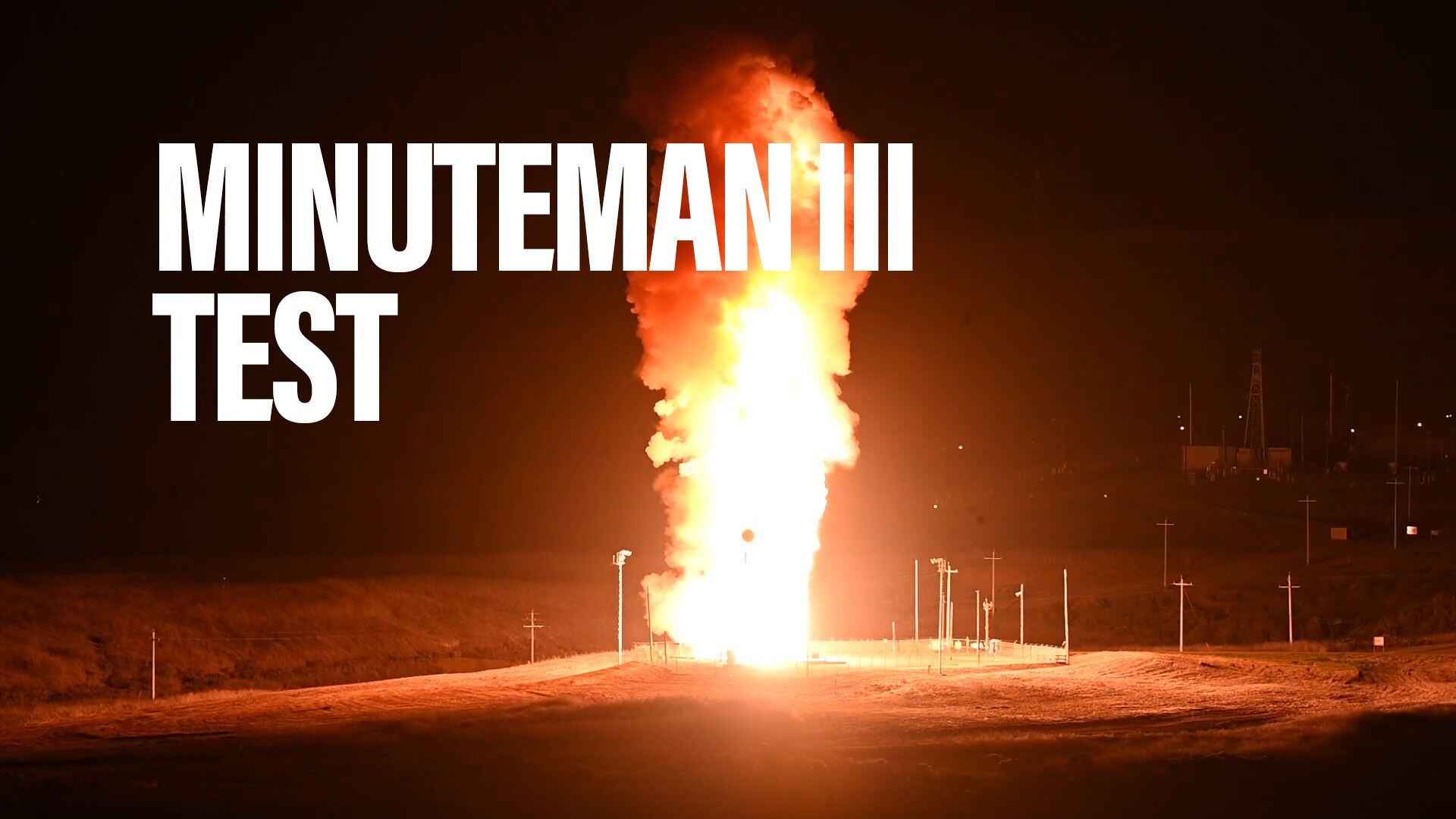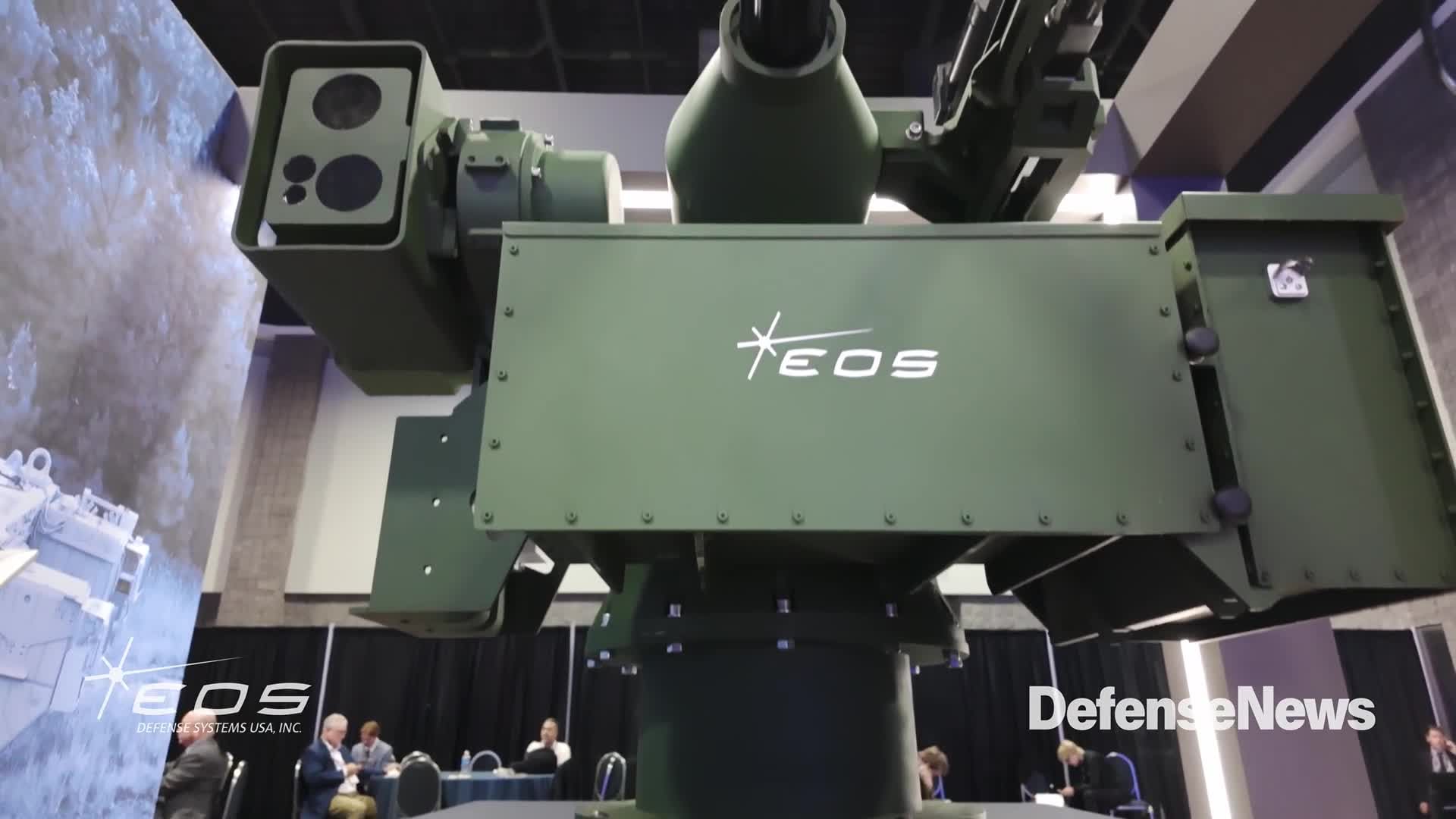CHRISTCHURCH, New Zealand — Lockheed Martin’s delay in rolling out the F-35 fighter’s Technology Refresh 3 upgrade package appears to have no immediate effect on customers in the Asia-Pacific region, but governments are monitoring their acquisition timelines closely.
The American firm paused F-35 deliveries pending acceptance of the TR-3 software suite, which comprises a mission system avionics upgrade to boost the aircraft’s data storage, display processing and throughput capabilities. The package also forms the basis of the Block 4 upgrade, which is slated to be more comprehensive.
Defense News asked Lockheed whether clients in Australia, Japan, Singapore or South Korea had voiced alarm over the delays. A spokesperson replied: “We’re staying in close contact with our customers to ensure they’re informed about any delivery impacts. Further questions are best addressed by the respective governments.”
A spokesperson at the Australian Defence Department said the TR-3 problems, which have prompted an uproar in Washington, have not affected the country’s “current fleet of F-35A.”
Defense officials in Japan and South Korea did not respond to Defense News’ inquiries.
Because of the delays, the Royal Australian Air Force is suffering the inconvenience of late delivery of nine remaining F-35As. This has a knock-on effect in regard to declaring final operational capability, which “requires delivery of all 72 aircraft,” the Australian defense spokesperson said.
The government now expects to receive all planes “during 2024-25″ — an indication the symbolic final operational capability milestone may stretch into next year, beyond the original target.
“The RAAF continues to work closely with the U.S. F-35 Joint Program Office on the delivery of the final F-35A Lightning aircraft for the RAAF,” the spokesperson said.
The department official was tightlipped about how or when in-service F-35As containing older TR-2 and Block 3 software would receive upgrades. “Subject to government approval, delivered RAAF F-35A aircraft will be upgraded to the TR-3 standard as part of the F-35A follow-on modernization program,” the official said.
The TR-3 delay is not expected to impact South Korea, as it previously received 40 F-35A fighters from 2018 to 2021. In December, Seoul procured 20 more F-35As in the Block 4 configuration, which will begin arriving in 2027.
Also in 2027, a South Korean maintenance, repair and overhaul depot at Cheongju Air Base will start operations, meaning the country will not have to rely on Australia for deeper F-35 upkeep.
Singapore could also avoid impacts from the TR-3 issue because the four F-35Bs the country ordered in 2020 are due in 2026. Last year, Singapore exercised an option for eight additional F-35Bs, which are slated to arrive in 2028. And in early 2024, the government announced the acquisition of eight F-35As, expected from 2030.
Japan is the only other Asia-Pacific country with active orders — 105 F-35A and 42 F-35B fighters. Nearly 40 F-35As have been handed over to date, with Japan running its own final assembly and checkout facility. The first six American-manufactured F-35Bs — configured with TR-3 since they fall under Lot 16 — are supposed to arrive early next year.
With Lockheed Martin expecting to deliver the first TR-3 combat training-capable aircraft this third quarter, it remains to be seen whether the timing holds.
According to a company spokesman, TR-3 is a “top priority,” with most of the new features of the package now in flight testing.
Gordon Arthur is an Asia correspondent for Defense News. After a 20-year stint working in Hong Kong, he now resides in New Zealand. He has attended military exercises and defense exhibitions in about 20 countries around the Asia-Pacific region.








